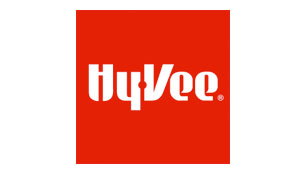SOPA legislation delayed

SOPA legislation delayed
A congressional vote on an anti-piracy bill that Internet heavyweights such as Google Inc. say would be an online Armageddon has been delayed until 2012, CNNMoney.com reported.
The Stop Online Piracy Act (SOPA), which was introduced in the House of Representatives in late October, aims to crack down on copyright infringements.
Technology companies have opposed it while most media companies have united in favor of it.
SOPA aims to cut off access of content to piracy websites, many of which are foreign. The bill calls for requiring Internet search engines, payment processors, advertising networks an other providers to withhold services from infringement sites.
Tech companies, Google and Facebook Inc. among them, say that protecting content is a good goal, but the bill is full of unintended consequences. Under SOPA, copyright holders would be able to complain to law enforcement officials and get websites shut down. Search engines and other providers would have to block “rogue” sites when ordered by a judge.
Tech companies are worried they could be held liable and punished for users’ actions, such as a user-upload of a pirated television show on Google’s YouTube website.
The bill isn’t expected to reach a full House of Representatives vote until March.
A congressional vote on an anti-piracy bill that Internet heavyweights such as Google Inc. say would be an online Armageddon has been delayed until 2012, CNNMoney.com reported.
The Stop Online Piracy Act (SOPA), which was introduced in the House of Representatives in late October, aims to crack down on copyright infringements.
Technology companies have opposed it while most media companies have united in favor of it.
SOPA aims to cut off access of content to piracy websites, many of which are foreign. The bill calls for requiring Internet search engines, payment processors, advertising networks an other providers to withhold services from infringement sites.
Tech companies, Google and Facebook Inc. among them, say that protecting content is a good goal, but the bill is full of unintended consequences. Under SOPA, copyright holders would be able to complain to law enforcement officials and get websites shut down. Search engines and other providers would have to block “rogue” sites when ordered by a judge.
Tech companies are worried they could be held liable and punished for users’ actions, such as a user-upload of a pirated television show on Google’s YouTube website.
The bill isn’t expected to reach a full House of Representatives vote until March.










